Body Systems and Vocabulary
1/35
Earn XP
Description and Tags
Identifying the body systems and their main functions.
Name | Mastery | Learn | Test | Matching | Spaced |
|---|
No study sessions yet.
36 Terms
bucco
cheek buccolabial, pertaining to the cheek and lip. It refers to the region of the mouth that includes the cheeks and lips, often involved in mastication and speech.
chondr
cartilage chondrogenic, giving rise to cartaligeand its formation, related to the development and growth of cartilage tissue.
crani
skull carniotomy, a skull operationthat involves opening the skull to access the brain, often performed to remove tumors or relieve pressure.
dia
through, between diaphragm, the wall through or between two areas. It is commonly used in anatomical terms to describe structures that cross or connect two regions.
epi
over, above epidermis, outer layer of skin
extra
outside, beyond the extracellular, outside the body cells of an organism
morpho
from morphology, the study of form and structure of organisms.
nephro
kidney nephritis, inflammation of the kidney.
neuro
nerve neurophysiology, the physiology of the nervous system.
sub
beneath, under sublingual, beneath the tounge.
emia
condition of the blood anemia, deficiency of red blood cells.
logy
the study of pathology, the study of changes in structure and function brought on by disease.
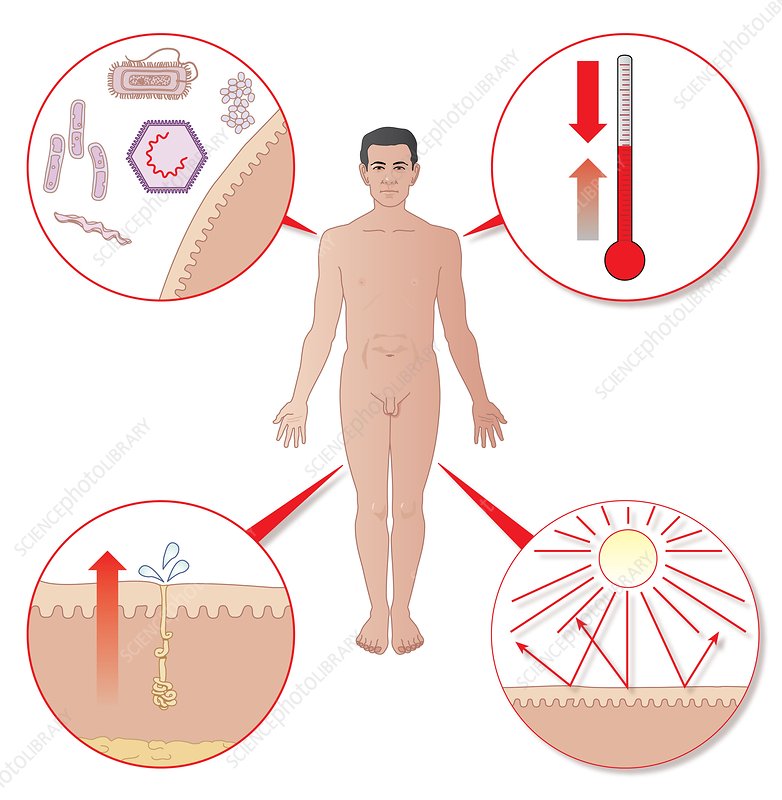
Integumentary System
Covers your body with skin and provides protection.
Temperature regulation
Major Organs Include: Skin, Hair, and Nails.
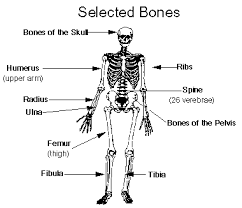
skeletal system
Provides your body with support and protection.
Major Organs Include: Bones
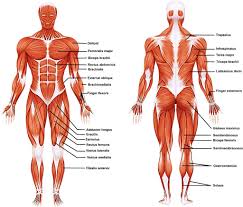
muscular system
Gives your body the ability to move.
Major Organs Include: Muscles (skeletal, smooth, and cardiac)
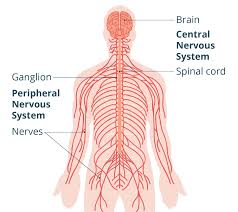
nervous system
Controls your body with the sending and receiving of messages as well as impulses.
Includes: Brain and Spinal Cord.
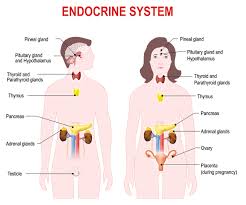
endocrine system
Helps to regulate your body using hormones.
Includes: Glands
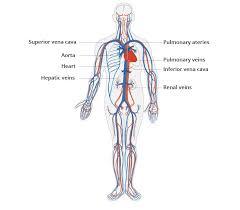
cardiovascular system
Helps your body to transport blood, nutrients and more.
Includes: Heart and Blood Vessels
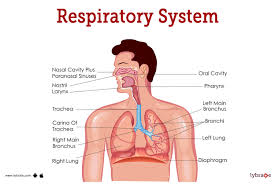
respiratory system
Controls the gas exchange in your body.
Bringing O2 in and CO2 out.
Includes: Lungs
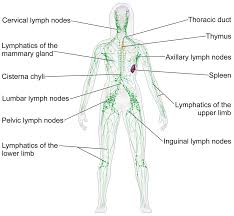
lymphatic system
Is a flitration system for your body that works with the immue system when your sick.
Includes: Lymph Nodes/Vessels.
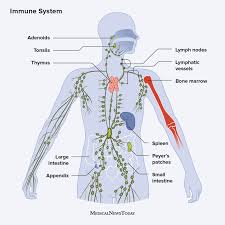
immune system
Fights pathogens within your body and helps you to not get sick.
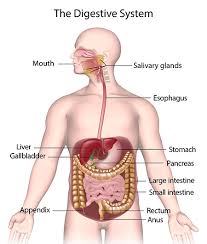
digestive system
Breaks down food for your body to use.
Excretes solid food.
Includes: Stomach and Intestines.
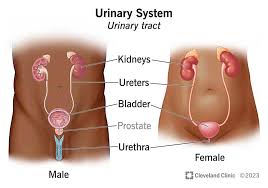
urinary system
Removes liquid waste from within your body.
Includes: Kidney and Bladder.
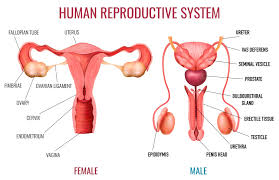
reproductive system
Gives your body the ability to produce offspring.
Women: Ovaries
Men: Testies
Gross Anatomy
The study of large structures.
Includes:
Surface Anatomy
Systematic Anatomy
Regional Anatomy
Surface Anatomy
Looking at external features
Systemic Anatomy
Study by body systems
Regional Anatomy
Study by section/areas.
Mainly used in med school
Microscopic Anatomy
Looking at small non-visual structures.
Includes:
Cytology
Histology
Cytology
The study of cells.
Histology
The study of tissue.
Developmental Anatomy
The study of change over time.
Includes:
Embryology
Embryology
The study of prenatal development.
Comparative Anatomy
Comparing different organisms.
Anatomy
Cutting up of the body
Ana : up
tomy: a cutting
Physiology
What it does/function.